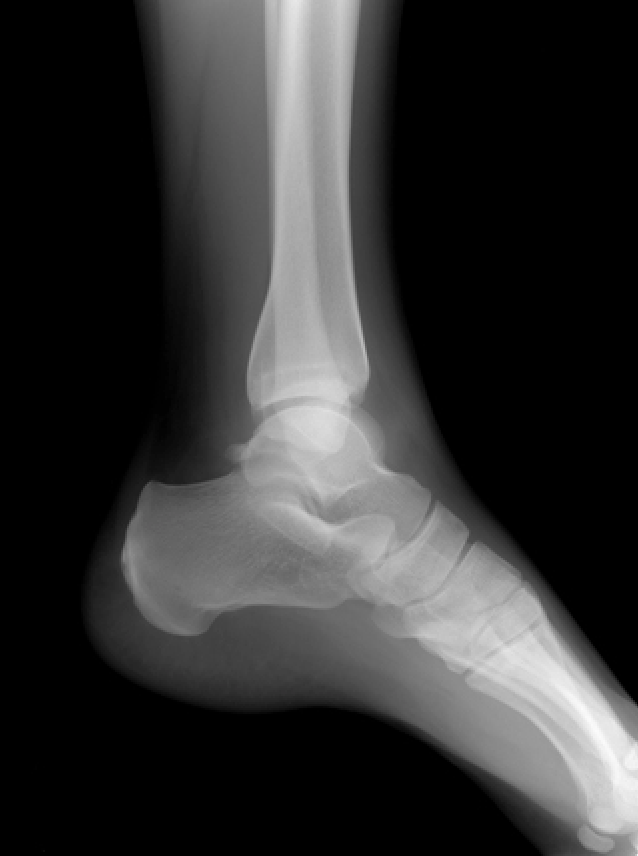When Cal Ripkin, the famed Baltimore Orioles’ shortstop, broke Lou Gehrig’s record of 2,130 consecutive games without a day off, many people marveled that he went so long without an injury. When athletes tear a muscle or twist an ankle, they sit on the sidelines while the rest of their team plays on. They also get focused medical attention to heal the wound. Sometimes, it involves surgery. Often, they require rehab or therapy. Always, it takes time.
I’ve been looking at sports as a comparison to how we grow spiritually. In the first part of my discussion, I said our “fitness” to live the Christian life requires certain kinds of conditioning so we can be the kinds of people who live out our callings. These are general practices like Bible reading, prayer, and worship that shape us to become more like our Lord. Secondly, we need focused training regarding specific struggles, such as anger or specific opportunities, such as evangelism. The general conditioning makes our responses possible. The specific training makes them more likely. Third, we need to pay “in the moment” attention in order to apply Godly responses to unique situations.
I tried to convey that we need all three. But sometimes we need more.
Sometimes we get injured or discover a long-standing condition that needs attention before we can “get back in the game.” As transformational as spiritual disciplines are, and as essential as focused study about a specific issue is, and as important as focused attention to details in the moment may be, sometimes we need more.
A personal illustration from my own life may help clarify my point. I’ve struggled with anger a lot in my life. When I first became a Christian, I found new resources to overcome temptations to blow my cool. For example, reading the Bible helped ground me in a new identity. As a result, I took offense at insults less often. After all, if I was accepted by God because of the gospel, a reservoir of joy in the Lord protected me against hurt from others. When I studied specific verses about anger, such as Ephesians 4:26, I learned that it was possible to feel anger but not sin. That helped tremendously. And when I meditated on James 1:19, I was better able to choose to be “slow” in expressing my anger when in the heat of the moment.
But I soon realized I had some long-standing anger that needed to be addressed in deeper ways. Without going into detail here, I realized I had a long history of hearing harsh words said about me – from a variety of sources – that had programmed me to talk to myself in similar ways. Those internal conversations (accusations or rants might describe them more accurately) hindered my ability to respond with grace and gentleness.
I was injured and needed some focused attention, some rehab, and some time. I am grateful for the aid of a counselor who understood the intersection of gospel truth and emotional health. I benefited from reading books by theologically trained and psychologically savvy writers like David Powlison and Ed Welch, among others. And I’m humbled that good friends worked with me on the sidelines so I could get back in the game.
Some of us, for a variety of reasons, have deep wounds that trigger fear, lust, insecurity, and other reactions that harm our relationships with others, ourselves, and, in some ways, our God. We need conditioning, training, attentiveness, and, in some cases, time to apply the balm of the gospel to make us whole.



